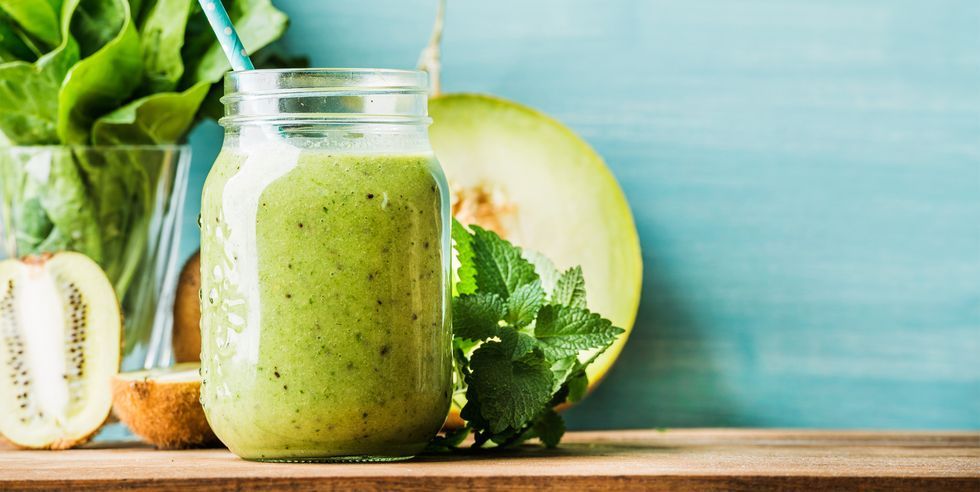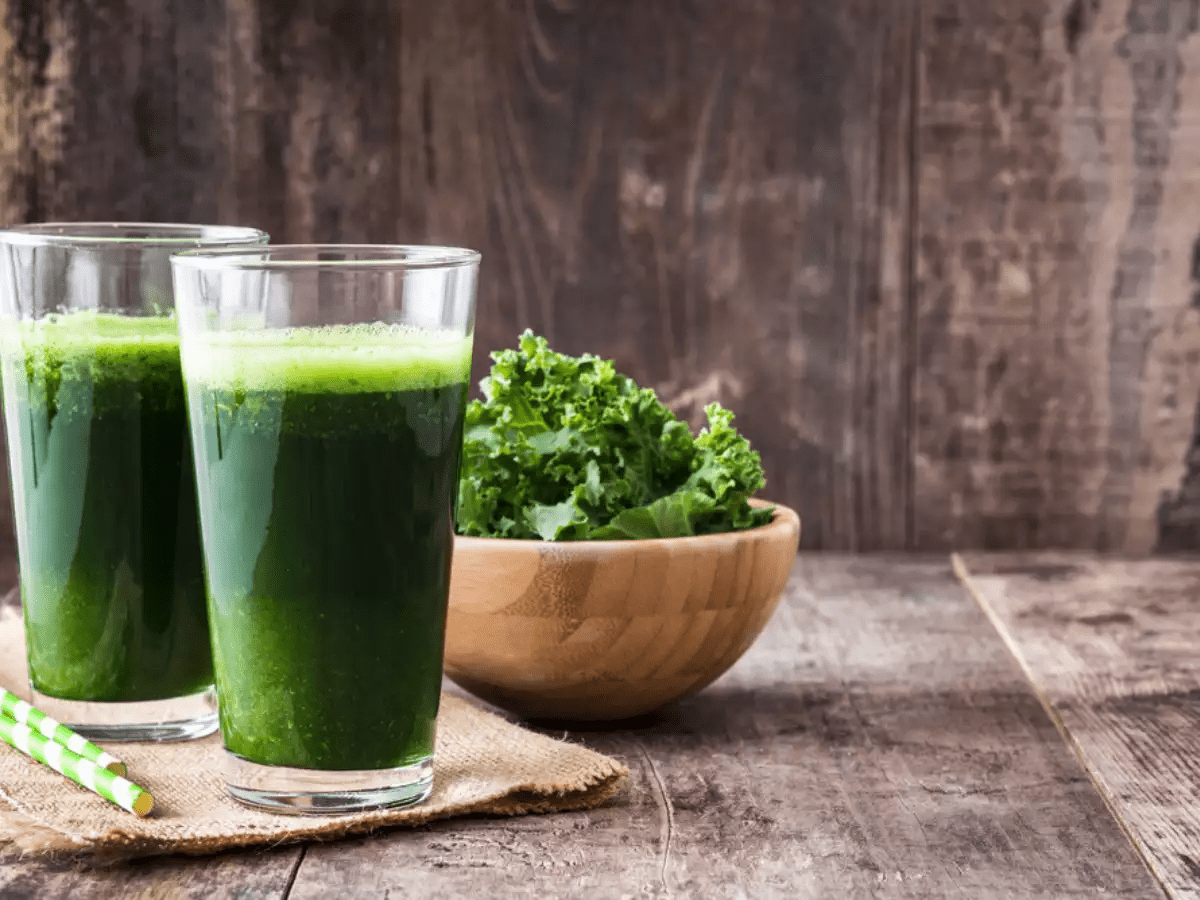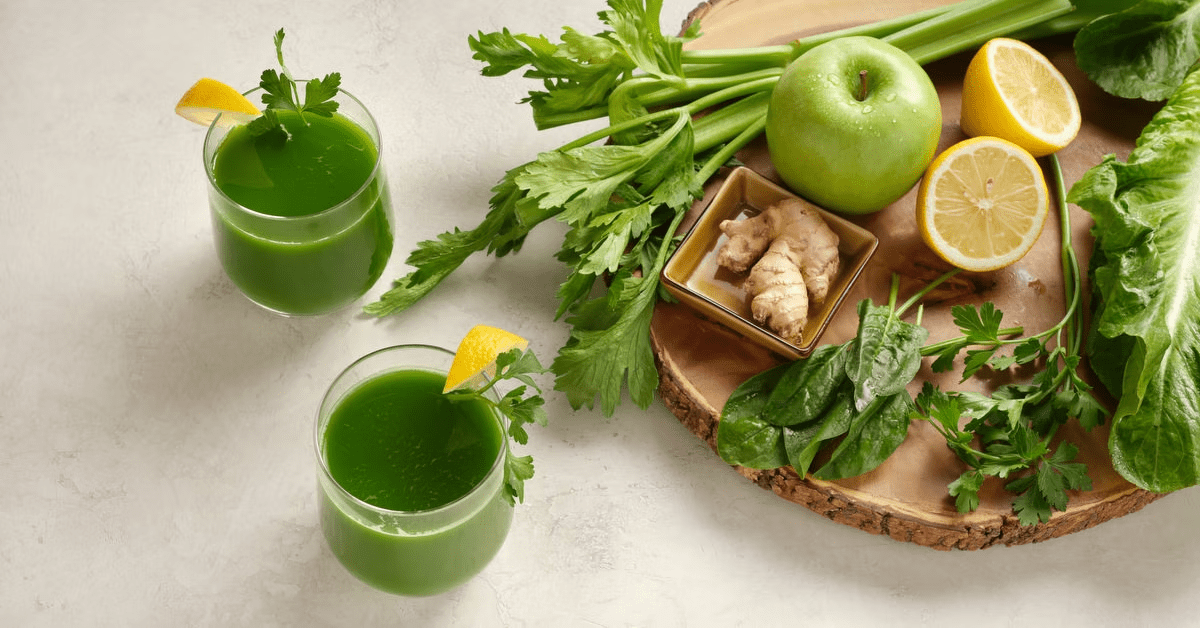A juice diet is a fantastic way to ensure that you get your daily dose of vitamins and nutrients, while also promoting a healthy lifestyle. In this article, we’ll share seven tips to help you make the most of your juice diet and provide your body with the nourishment it needs to thrive. Whether you want to improve your overall health or lose weight, these tips will help you start on the path to success.
Choose a Variety of Fruits & Vegetables

To get the most out of your juice diet, it is important to choose a variety of fruits and vegetables. Different fruits and vegetables contain different vitamins and minerals, so incorporating a variety of them into your juice can ensure you get a wide range of nutrients. Dark leafy greens, such as spinach and kale, are great sources of vitamins A, C, and K, while carrots and sweet potatoes are high in beta-carotene, a type of vitamin A that is important for eye health.
Use Fresh & Organic Produce
When making juices, it is important to use fresh and organic produce whenever possible. This ensures that the fruits and vegetables are not contaminated with pesticides or other harmful chemicals. Organic produce is also higher in nutrients, as it is grown in nutrient-rich soil without synthetic fertilizers.
Drink Your Juice Immediately

To maximize the nutritional benefits of your juice, it’s best to drink it immediately after making it. The longer the juice sits, the more its nutrients degrade. If you need to store your juice, place it in an airtight container and refrigerate it for no more than 24 hours. This will help preserve the nutrients and prevent the growth of harmful bacteria. It’s also essential to clean your juicer thoroughly after each use to prevent bacteria buildup and maintain optimal performance.
Add Healthy Fats & Proteins
Fruits and vegetables are great sources of vitamins and minerals but often lack in protein and healthy fats. To make your juice more balanced, try adding healthy fats and proteins such as nuts, seeds, and avocado. This will keep you feeling full and satisfied while providing essential nutrients. Don’t forget to keep the portions small as fats and proteins can be calorie-dense. Consult with a nutritionist or healthcare professional to determine the right amount of these ingredients for your juice.
Watch Your Sugar Intake
Fruits are naturally high in sugar, which can be problematic if you try to maintain stable blood sugar levels. To avoid this issue, it is best to limit the amount of fruit you include in your juices and choose lower-sugar fruits, such as berries and citrus fruits. Additionally, adding a source of protein or healthy fat to your juice can help slow the absorption of sugar into your bloodstream.
Supplement with Vitamins & Minerals
While a juice diet is an excellent way to obtain essential vitamins and minerals, it may not be sufficient to provide all the nutrients your body needs. Therefore, it’s essential to supplement your juice diet with a high-quality multivitamin or other dietary supplements to ensure that you’re getting everything your body needs. Consult with a healthcare professional to determine which supplements are appropriate for your needs and health goals. In doing so, you can complement your juice diet and achieve optimal nutrition and overall wellness.
Consult with a Healthcare Professional
Before beginning a juice diet, it is crucial to consult with a healthcare professional, particularly if you have any underlying medical conditions or take any medications. Juicing can affect your blood sugar levels and interact with certain medications, so it’s essential to ensure that it’s safe for you to do. Your healthcare provider can help you determine if a juice diet is appropriate for you and provide guidance on how to incorporate it safely into your overall wellness plan. By doing so, you can ensure that you get the most out of your juice diet while prioritizing your health and well-being.
Conclusion
A juice diet can be an excellent way to get your daily dose of vitamins and nutrients while supporting a healthy lifestyle. By choosing a variety of fruits and vegetables, using fresh and organic produce, and supplementing with healthy fats and proteins, you can create juices that not only taste great but also provide numerous health benefits. However, it is important to watch your sugar intake, supplement with vitamins and minerals, and consult with a healthcare professional before starting a juice diet.






